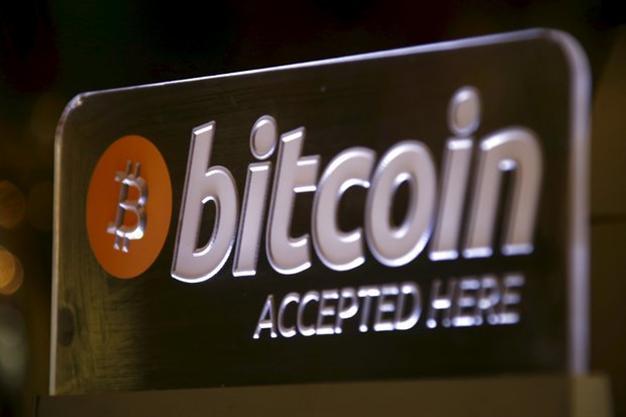G-7 plan to get tough on virtual currencies after Paris attacks: Spiegel
BERLIN - Reuters

REUTERS photo
The Group of Seven (G-7) industrial nations plan to tighten the regulation of digital currencies such as bitcoin, which they suspect the Islamic State of Iraq and the Levant (ISIL) is using to move funds secretly, the German magazine Der Spiegel reported on Nov. 18.Stung by last week’s Paris attacks, which ISIL has claimed, the G-7 finance ministers discussed the regulation of “fintechs” or financial technology firms on Nov. 16 at a private meeting during a G-20 summit in Turkey, the magazine said.
The German Finance Ministry declined to comment, saying that G-7 ministerial meetings were confidential.
The software-based financial services that FinTechs offer, including digital or “virtual” currencies such as bitcoin, often operate across borders and beyond the reach of security officials.
Bitcoin, which exists only in digital form, can be used to move money around the world quickly and anonymously without the need for third-party verification. That has made it attractive to users ranging from drug dealers to those trying to circumvent capital controls in Greece and China.
The European Commission, the European Union’s executive, has also outlined plans to improve regulation of the ‘fintech’ sector.
A paper issued on Nov. 17 included a chapter on measures to prevent financing of terrorism, saying that “the use of virtual currencies will be subject to particular attention.”
















